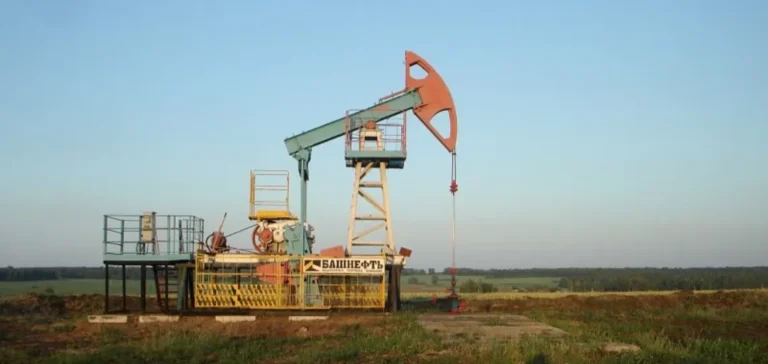Poland has called on European Union member states still reliant on Russian oil to end all imports by the end of 2026. Energy Minister Milosz Motyka stated that Warsaw is prepared to support these countries in their transition to alternative supply sources.
Call for energy unity
The request is primarily addressed to Hungary and Slovakia, two countries still supplied via the Druzhba pipeline, one of the last active channels for Russian crude into the EU. In a letter sent to his European counterparts, Motyka called for a joint commitment to terminate these oil flows within two years, stressing the importance of a unified position within the bloc.
According to Motyka, setting a clear deadline would enhance the coherence of European energy policies. “Such a decision would demonstrate our determination to free ourselves from supply sources posing political and strategic risks,” he wrote.
Rising regional tensions
The appeal comes just days after a Russian drone entered Polish airspace, an incident that has reignited security concerns in the region. Warsaw believes that energy dependence on Moscow increases Eastern European countries’ vulnerability to Russian geopolitical influence.
In this context, the European Commission is preparing to propose a faster timeline for phasing out Russian fossil fuels. The announcement followed a call between Commission President Ursula von der Leyen and United States President Donald Trump.
Original deadline brought forward
The European Union had initially planned to eliminate all oil and gas imports from Russia by January 1, 2028. The Polish initiative therefore aims to move this deadline forward by two years, as part of a coordinated strategic effort.
So far, several member states have significantly reduced their purchases from the Russian Federation, but some, citing technical and economic constraints, continue their contracts via the existing pipeline network.






















